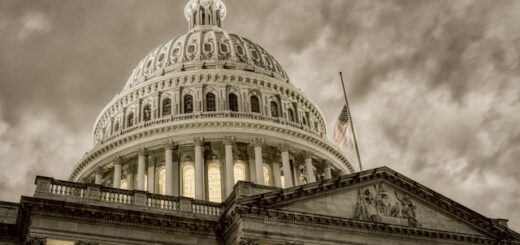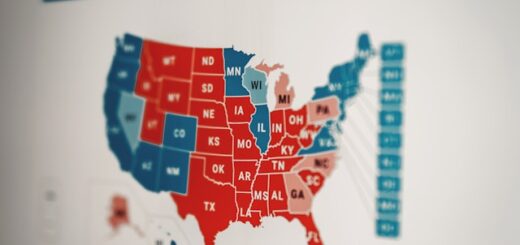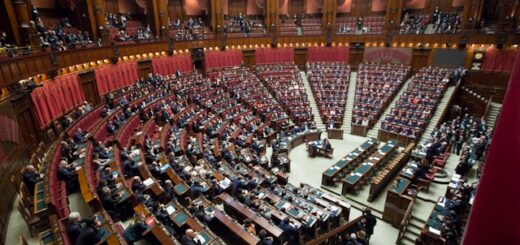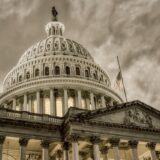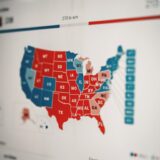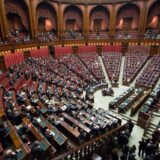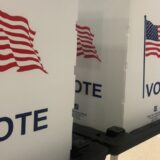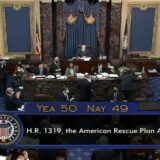MacBook Under Political Headlines: How Government Decisions Affect the Tech Industry
In today’s world, technological products have become an integral part of everyday life. The MacBook produced by Apple is not only a high-tech device, but also a product sensitive to changes in society. In this article, we’ll look at how political decisions and events in the US are impacting the tech industry, especially the MacBook industry.
1. Regulation of technology companies:
In recent years, political debate in the United States has increasingly focused on issues related to the regulation of large technology companies. Apple, as one of the key players in the industry, faces issues of data privacy, antitrust policy and market power. These debates influence the development and production strategies of devices such as the MacBook.
2. Cybersecurity and election interference:
In light of developments related to cybersecurity and election interference, the importance of data security is becoming a key consideration for technology companies. The MacBook, as a device widely used in business and government, is becoming the object of increased attention in the context of protecting against cyber threats.
3. Trade policy and component supply:
Global trade relations and politics influence the supply of components for the technology industry. Government decisions on trade issues could lead to changes in supply chains, affecting the availability and cost of necessary materials to produce MacBooks.
4. Environmental standards and sustainability:
Contemporary political demands for compliance with environmental standards impact the sustainability strategies of technology companies. Apple has ambitious sustainability goals, and policy decisions could drive sustainability-conscious innovation in MacBook production.
5. Public Leaders and Technologies:
Interest in technology, including MacBooks, among political leaders is also having an impact. The use of these devices by high-ranking officials may highlight their preference for technology, influencing the perception of the product as part of political culture and status.
6. Immigration Policy and Innovation:
Immigrants play an important role in the US innovation sector, including technology. Policy decisions related to immigration may impact the scientific and technological workforce involved in the development of the MacBook and other devices. This can affect the pace of innovation and the quality of products.
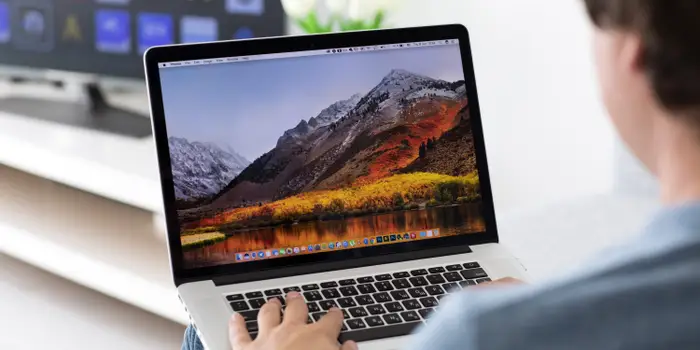 7. Relations with other countries:
7. Relations with other countries:
Global political relations also have an impact on the technology industry. For example, sanctions and political conflicts may affect the availability of resources and technologies used in the production of MacBooks, as well as the international market for these devices.
8. Educational Policy and Technological Innovation:
Educational policies can also influence technological innovation. Science, technology, engineering and mathematics (STEM) decisions can shape the paths for future engineers and programmers, influencing the development of technologies including the MacBook.
9. Technological Progress and Regulation of the Spare Parts Market:
Aftermarket regulatory issues may impact the cost of MacBook repairs, including screen replacements. Policy decisions to protect consumers and promote competition can influence parts prices, which directly affects the cost of servicing devices.
10. Warranty and Service Policy:
Warranty and service regulations can also affect the cost of repairing a MacBook. Policy decisions to protect consumers and set service standards can determine how affordable screen and other replacement services will be.
11. Trade War and Impact on Prices:
Trade conflicts and wars could lead to changes in tariffs on imported goods, including MacBook components. This affects the cost of production and therefore the replacement of the device’s screen. Policy decisions regarding international trade can significantly affect prices for end consumers.
12. Innovation and Government Support:
Political support for innovation can influence the development of technologies, including those used in the MacBook. Government programs and funding can stimulate research into new technologies, influencing future models and their repair costs.
When it comes to MacBook screen replacement, policy decisions regarding market regulation, consumer protection, and component cost impacts can have a significant impact on the final repair costs. This issue is at the center of the nexus between policy and the technology industry, affecting the availability and cost of device maintenance.
Conclusion:
Ultimately, examining the relationship between political decisions and the technology industry, especially in the context of the MacBook, reveals deep and important aspects of modern society. From regulation and cybersecurity to immigration and trade, policy decisions permeate the entire technological landscape.
Apple and its products, particularly the MacBook, are becoming a reflection of a political landscape where innovation, data security and resource availability issues are intertwined. Political events and decisions made in the United States and abroad have significant implications for the development, production and maintenance of technologies.
Particular attention is paid to the issues of replacing the MacBook screen, where the cost of repair directly depends on political decisions affecting the market for components and services. This aspect emphasizes how closely the fate of technology and politics are intertwined in the modern world.



